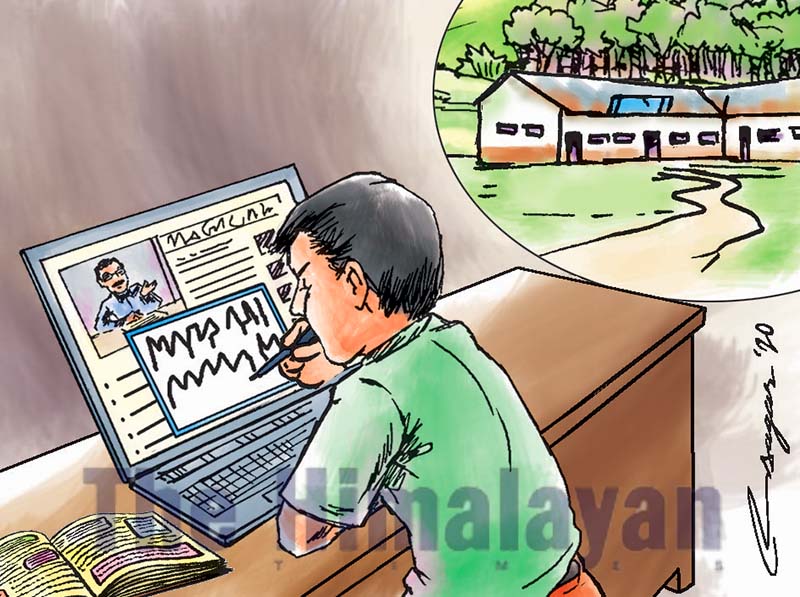Timely reforms in education
Education is indispensable for overall development because no country can make progress in any sector without it. However, timely reforms in educational policy are essential to bring about the intended outcome in this sector.
In Nepal, although the educational policy is not appropriate to meet the need of time, the concerned authorities have not paid proper attention to bringing about reforms in it till now. Since minor changes in the existing educational policy will have no visible impact on the society, a dedicated policy is necessary to bring about radical changes in education and to reap more benefits from it.
In fact, constructing more schools and colleges in different parts of the country alone cannot serve the purpose of education because quality is the fundamental issue, which is possible through an effective curriculum and efficient teachers.
Actually, a curriculum should be digestible as well as worthy to the students. It should be helpful in promoting the national culture and should aim at producing citizens with a broad vision and international outlook. But this fact has not been realised by the concerned authorities, and there has been no substantial development in this sector as yet.
On the one hand, Nepal needs a skill-oriented education system; while on the other, it should prevent its society from being worldly or materialistic.
Actually, spiritual and education based on love and humanity is essential in this regard.
Not only this, literature and music are equally necessary for bringing about change in the society.
A good educational policy alone cannot bring significant results unless Nepal possesses competent and efficient teachers.
So far, the teaching profession has been a third grade job, considered as something easy.
However, the profession should be made first grade so that more talented persons, who are capable of bringing about timely educational innovations, will be attracted to this job in the future.
In Nepal, education has been limited to written examinations at all levels. However, in order to meet the present need of time, education should not be limited to such types of examinations.
For this purpose, an effective evaluation committee comprising practically qualified teachers and so-called experts should be formed in every educational system. Such a committee should strictly and impartially keep watch of students and educational development with respect to their age, sex and other factors so as to allow them to utilise their knowledge and skills in practice.






